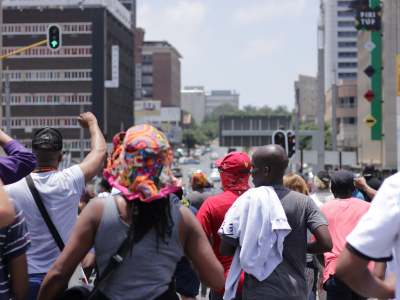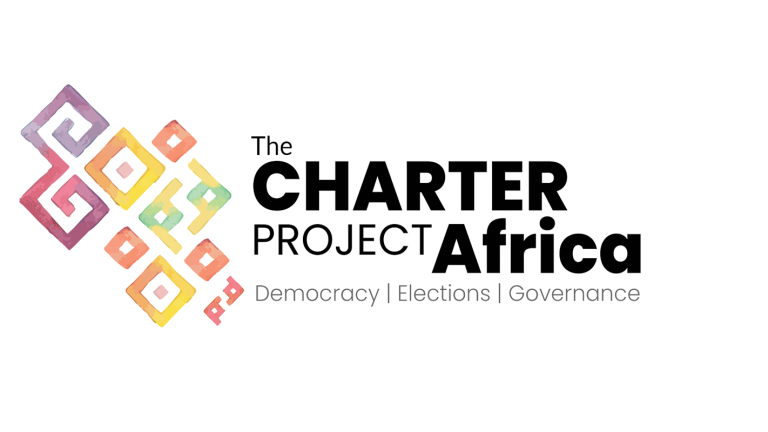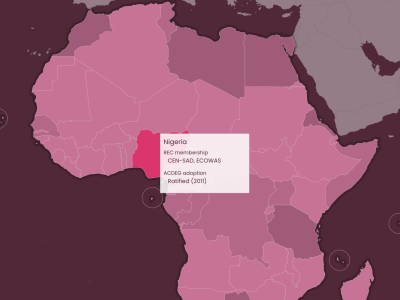
The EAC democracy agenda: Channels, lessons and digital technologies for civil society engagement
Andrew Songa from the European Partnership for Democracy (EPD) and Martin Ronceray look at the role the East African Community (EAC) plays in democratic governance. They zoom in on how civil society engages with EAC and how such engagement can be strengthened, including through digital technologies.
Summary
The East African Community (EAC) holds a significant mandate to work on democratic governance, but there is limited appetite from its members for it to become a forum where democracy is discussed and promoted. Over the years, the bloc’s key focus has been on harnessing the benefits of a customs union, common market, monetary union and political federation. Meanwhile, norm alignment and enforcement on democratic governance have comparatively fallen behind.
In this paper, we look at the role the EAC plays in democratic governance, zooming in on how civil society engages with the bloc and how such engagement can be strengthened, including through digital technologies. It complements case studies focusing on ECOWAS and SADC.
We find that civil society participation and engagement in the EAC is a high regional priority on paper, and is structured around an ambitious framework, the Consultative Dialogue Framework (CDF). In practice, there are structural obstacles such as restrictive conditions for obtaining observer status, and substantive engagement of civil society organisations tends to be limited to a few discretionary areas. This is consistent with the regional trend of repressed civic spaces.
Both within and outside this formal framework, in particular via apex bodies and regional networks such as the East African Civil Society Organisations’ Forum (EACSOF), civil society manages to come together and leverage what leeway is available to advance the governance agenda. We identify civic technology as a key avenue to bolster this engagement.
Other case studies
This paper was produced for the Charter Project Africa.












